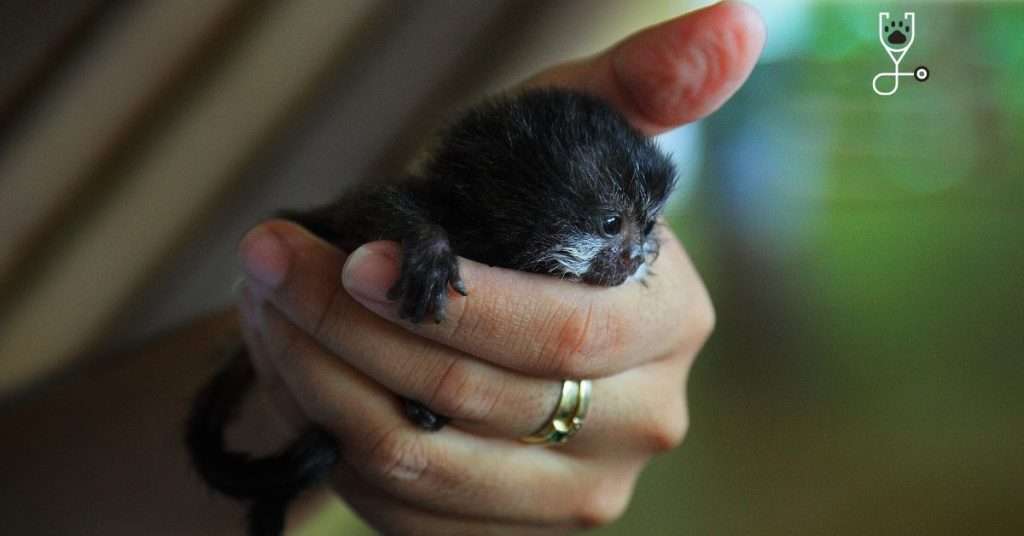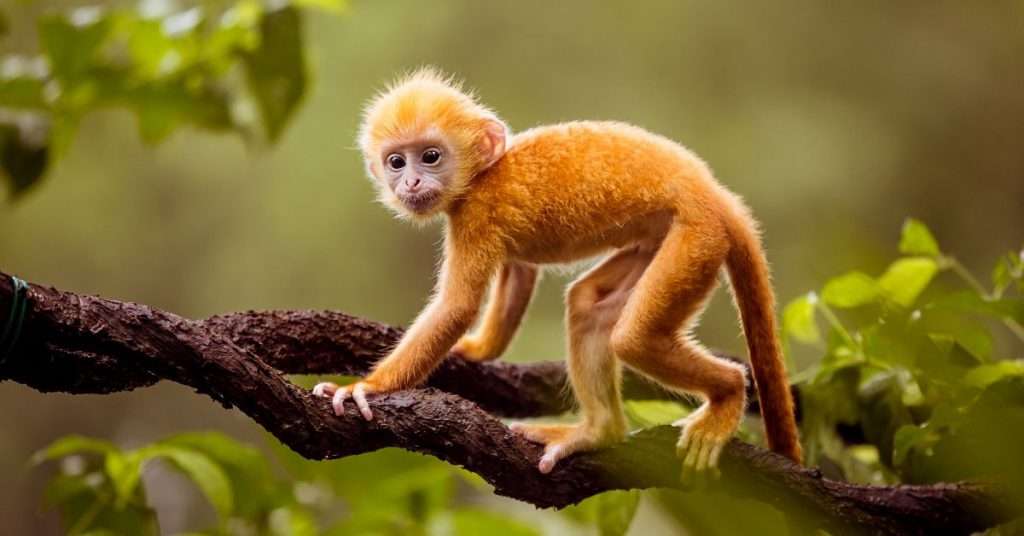When it comes to the question of whether or not finger monkeys make good pets, there isn’t a straightforward answer. Some people believe that they do, while others think that they are better off being left in the wild. So, what is the truth? Let’s take a closer look at these tiny creatures and see what factors you need to consider before bringing one into your home.

What Are Finger Monkeys?
Finger monkeys, also known as pygmy marmosets, are small primates that come from the rainforests of South America. These creatures are incredibly tiny, with adults only growing to be about 5-6 inches tall. Despite their small size, they are very active and agile, able to jump up to 16 feet in the air!
Finger monkeys are social creatures and live in groups of up to 15 individuals in the wild. These groups typically consist of a mated pair and their offspring. The females will usually give birth to twins, although single births are not uncommon.
As their name suggests, finger monkeys get their name from the fact that they can easily be held in the palm of your hand. In fact, they are often referred to as “pocket monkeys” or “toy monkeys”. This makes them seem like the perfect size for a pet, but there are actually a few things you need to consider before making this decision.
Read More: How to Buy a Pet Lemur
“Finger Monkey” Species
There are a few different species of finger monkeys, but the most common one kept as a pet is the pygmy marmoset (Cebuella pygmaea). These creatures are native to Brazil, Peru, and Bolivia and have been introduced to Costa Rica.
The other species of finger monkey is the common marmoset (Callithrix jacchus). These animals are found in eastern Brazil, but they are not commonly kept as pets.
So, what’s the difference between these two species?
Well, pygmy marmosets are typically more docile and easier to handle than common marmosets. They are also less likely to bite, which is always a good thing!
Common marmosets are more active and require more space. They also tend to be more aggressive, so they are not really the best choice for first-time primate owners.
Life in Captivity
Finger monkeys can live for up to 15 years in captivity, although the average lifespan is closer to 10 years. This is actually quite a long time for such a small animal, so you need to be prepared for a long-term commitment if you decide to get one.
These creatures are very active and need a lot of space to run around and explore. They also like to climb, so you will need to provide them with plenty of branches or other objects to climb on. A large cage is essential for keeping a finger monkey happy and healthy.
Finger monkeys are social creatures and do best when kept in pairs. If you decide to get just one, be prepared to spend a lot of time with it to make sure it gets the attention it needs.
Read More: Is It Dangerous to Own a Pet Fox?
Diet
The diet consists mostly of fruits, flowers, insects, and tree sap. In captivity, they can be fed a diet of monkey chow, fruits, vegetables, and insects.
Finger monkeys should also have access to clean water at all times. A water bottle with a sipper tube is the best way to provide them with water in their cage.

Health Issues
Finger monkeys are susceptible to a number of health problems, including parasites, respiratory infections, and dental problems. They are also at risk for injuries, so it is important to make sure their cage is secure.
Regular vet checkups are a must for finger monkey owners. You should also be prepared to handle any medical emergencies that may come up.
Enrichment: Keep Them Foraging!
Finger monkeys are very intelligent creatures and need mental stimulation to stay happy and healthy. Foraging is a great way to enrich their lives and give them something to do.
You can hide food in their cage for them to find, or you can purchase foraging toys specifically designed for primates. These toys will provide your finger monkey with hours of fun and enrichment.
Read More: The Tamandua: A Special Anteater and a Unique Pet
Cost
Finger monkeys can be expensive, with prices starting at around $1,500. You also need to factor in the cost of their cage, food, and veterinary care.
Before you make the decision to get a finger monkey, be sure to do your research and make sure you are prepared for the commitment. These creatures can be a lot of work, but they can also be a lot of fun!